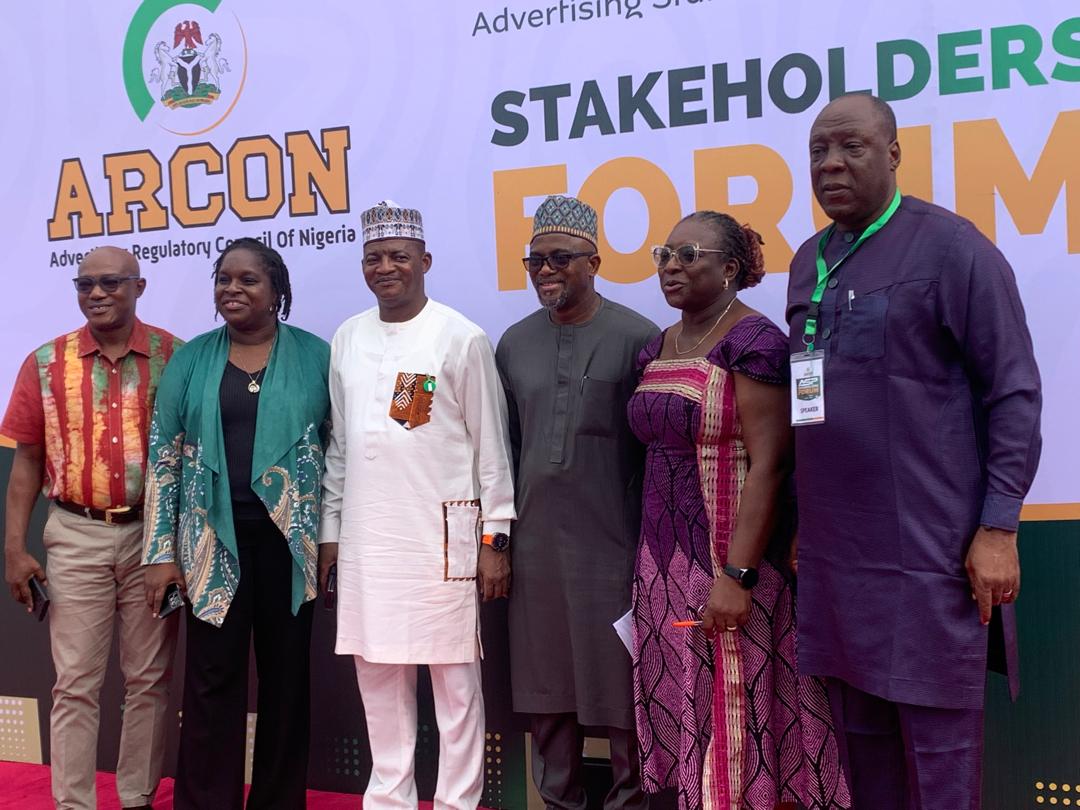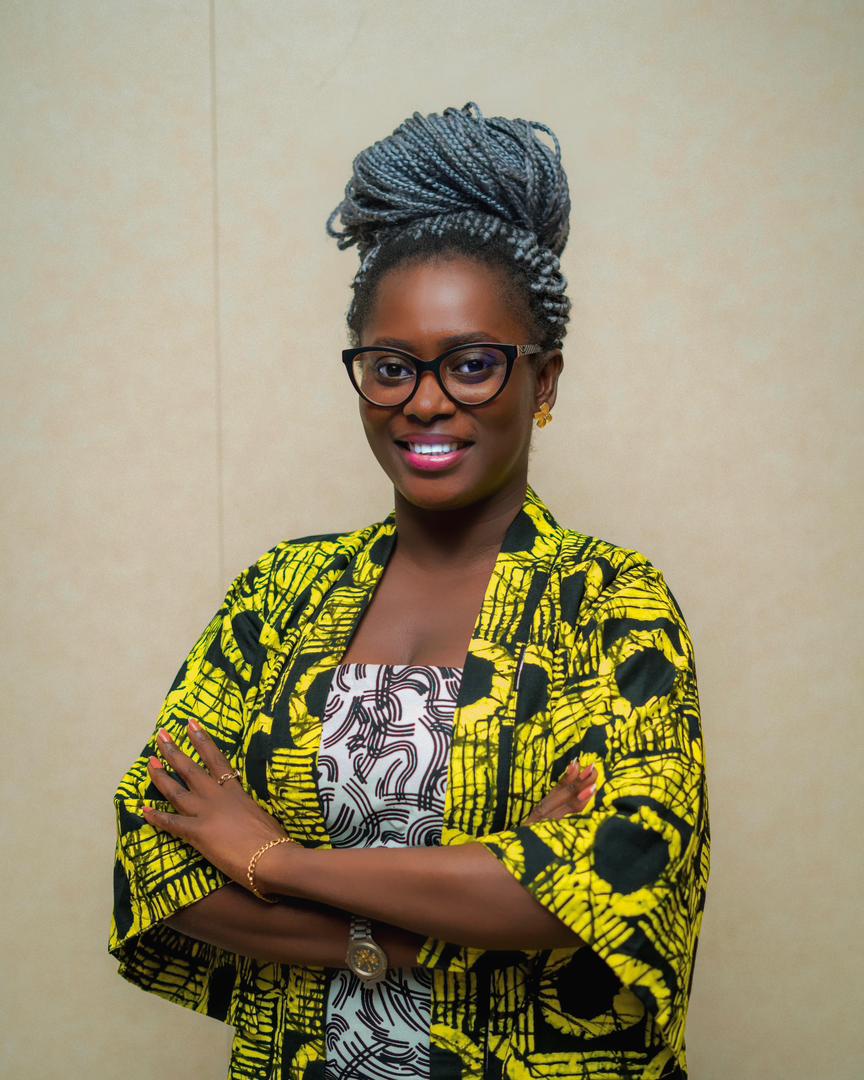Advertising now reaches every scroll, swipe, and click. Consequently, making sure ads are ethical has become a hard goal. At the core of this regulatory fight, the Advertising Regulatory Council of Nigeria (ARCON) tackles today’s complex ads. These range from AI-made promotions to false influencer claims.
This discussion became central at the recent Advertising Standards Panel (ASP) Stakeholders’ Forum. It took place at the Sheba Event Centre in Lagos. Indeed, the gathering brought together regulators and key industry players. They met to examine the problems, chances, and changing rules. The digital boom has truly remade the ad world.
Dr. Olalekan Fadolapo, ARCON’s Director-General, plainly showed the urgent problem: “Advertising has moved from a physical, old-media system into a digital market with no borders. Here, content has no fixed place, and people can easily avoid being held responsible.”
Before the digital shift, regulators like ARCON better controlled ad practices. They worked within clear rules for TV, print, and outdoor ads. However, as business moved online, digital advertising grew faster than old regulatory systems.
Nigeria’s digital ad space contains many unproven claims. These range from deepfake campaigns to unapproved influencer ads. Dr. Fadolapo furthermore cited a recent troubling case: an AI-made video of Pastor Enoch Adeboye promoting a fake prostate cancer medicine. This plainly shows the dangers regulators face in checking what is real and keeping people safe.
“These bad ads spread quickly. When people make unproven claims in areas like finance, health, or real estate, they can cause huge money losses and hurt public trust.”
Navigating Forward: Regulation as Partnership
Despite the challenges, ARCON’s leaders see regulation as a way to work together, not as a punishment. Dr. Fadolapo stressed how important it is to keep the industry involved and build skills, for both ARCON and the businesses it oversees.
“Our goal is not to stop creativity. Instead, we aim to protect the industry. We want to work with key groups, find new chances, and change our rules as trends shift.”
Influencers, Superlatives, and the Culture of Hype
Dr. Emmanuel Agu, ASP Chairman, also spoke to the stakeholders. He noted that the panel makes sure all ads are true, right, and culturally fitting before they go out.
“A major challenge is the common use of huge claims and things you can’t prove. For example, phrases like ‘we are the best’ or ‘number one in Africa’ often remain unchecked on social platforms. If you say you are the biggest, you must show proof.”
The ASP’s work now covers more than just print and TV. It includes checking thousands of digital ads beforehand. Skit makers and content creators often make these ads. They might not know, or indeed, they might just ignore the rules.
A recent court ruling affirmed ARCON’s right to control the digital space. Thus, the council is looking into AI tools to help check ads. This helps them keep up with the huge amount of content people create each week.
From Self-Regulation to Statutory Authority
Lanre Adisa, who leads the Heads of Advertising Sectoral Groups (HASG) and the Association of Advertising Agencies of Nigeria (AAAN), gave a look at history. He showed how APCON moved from its own set of rules, made in 1988, to ARCON’s legal power in 2022.
Adisa repeated that checking ads before release and regulatory checks are vital for keeping up industry standards. However, he admitted that not everyone follows the rules evenly. This is especially true for Small and Medium Enterprises (SMEs), who often say cost stops them.
To fix this, ARCON is creating a stepped fee plan for checking ads. It also urged SMEs to get proper papers. This helps them get lower prices.
Crackdowns and Cross-Border Accountability
Barr. Charles Odenibo, Director-General of the Centre for Media Studies (CMS), stressed that ARCON no longer acts passively in making rules stick. He said: “We are now charging and calling companies to court for failing to check ads, as per Section 34 of the ARCON Act (2022).”
ARCON has issued arrest warrants for several firms that did not follow rules. Some of these firms even tried to avoid regulation by seeking help in the courts.
Barr. Odenibo also spoke about ads from other countries. He clearly stated that “all ads meant for the Nigerian market must be checked. This is true no matter where someone publishes them, including on Facebook, Instagram, and WhatsApp.”
Even radio hosts and influencers are not free from this rule. He stressed: “Every licensed media outlet and public person must follow the Act. This includes not hiding ads or brand deals as personal views.”
WATCH MARKETING EDGE ONTV







Comment
No comments found.